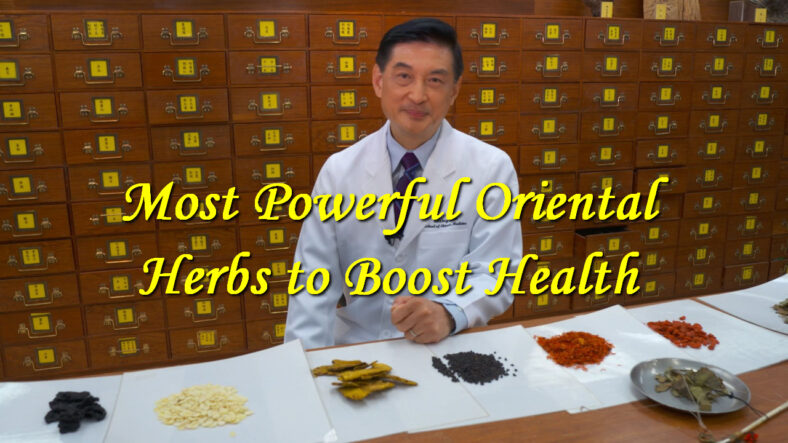There are many powerful oriental herbs that can boost your health. Some of these herbs have been used for centuries in Traditional Chinese Medicine (TCM) to treat various ailments.
Oriental herbs are some of the most powerful and beneficial herbs in the world. They have been used for centuries in traditional medicine to boost health and vitality. Some of the most powerful oriental herbs include ginger, ashwagandha, garlic, and turmeric. If you are looking for ways to boost your health, consider adding some of these powerful oriental herbs to your diet.
Ginseng

Ginseng is a perennial herb that has been used for centuries in traditional Chinese medicine. The plant grows in North America, Korea, and China, and its roots are used to make supplements and teas. Ginseng is thought to improve energy, stamina, and concentration. It is also used to boost the immune system, treat anxiety and depression, and help with weight loss. The active ingredients in ginseng are thought to be saponins, which are thought to have multiple health benefits.
Ginseng is generally safe to take, but it can cause some side effects like insomnia, headaches, and stomach upset. It should be used with caution by people with heart conditions or who are taking blood thinners.
Astragalus
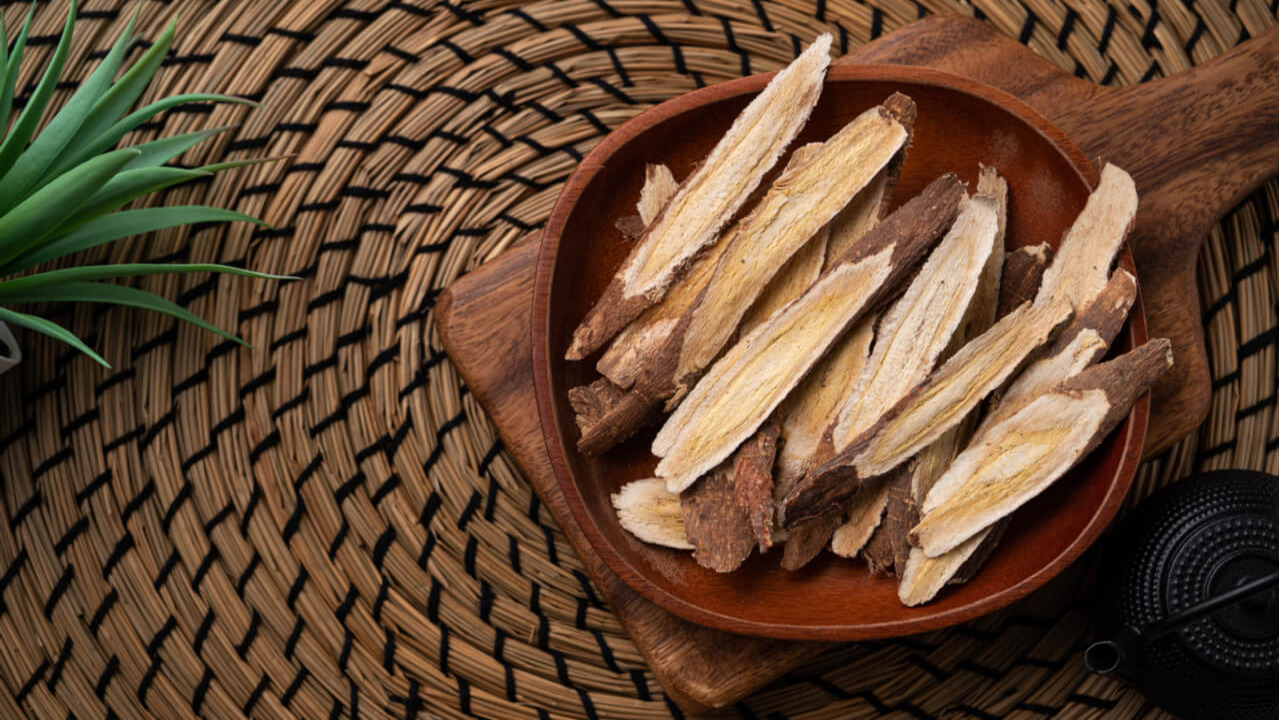
Astragalus is a perennial herb that has been used in traditional Chinese medicine for centuries. The root of the plant is typically used to make supplements, which are thought to have a variety of health benefits.
Astragalus is thought to boost the immune system, making it a popular supplement to take during cold and flu season. Some research suggests that it may help to protect against certain viral infections, such as the common cold and influenza.
Additionally, astragalus is said to have anti-inflammatory and antioxidant properties. Some people take it as a supplement to help with conditions like arthritis and heart disease.
While there is some scientific evidence to support the purported health benefits of astragalus, more research is needed to confirm its effectiveness. If you’re considering taking astragalus supplements, be sure to speak with your doctor first to discuss whether it’s right for you.
Licorice
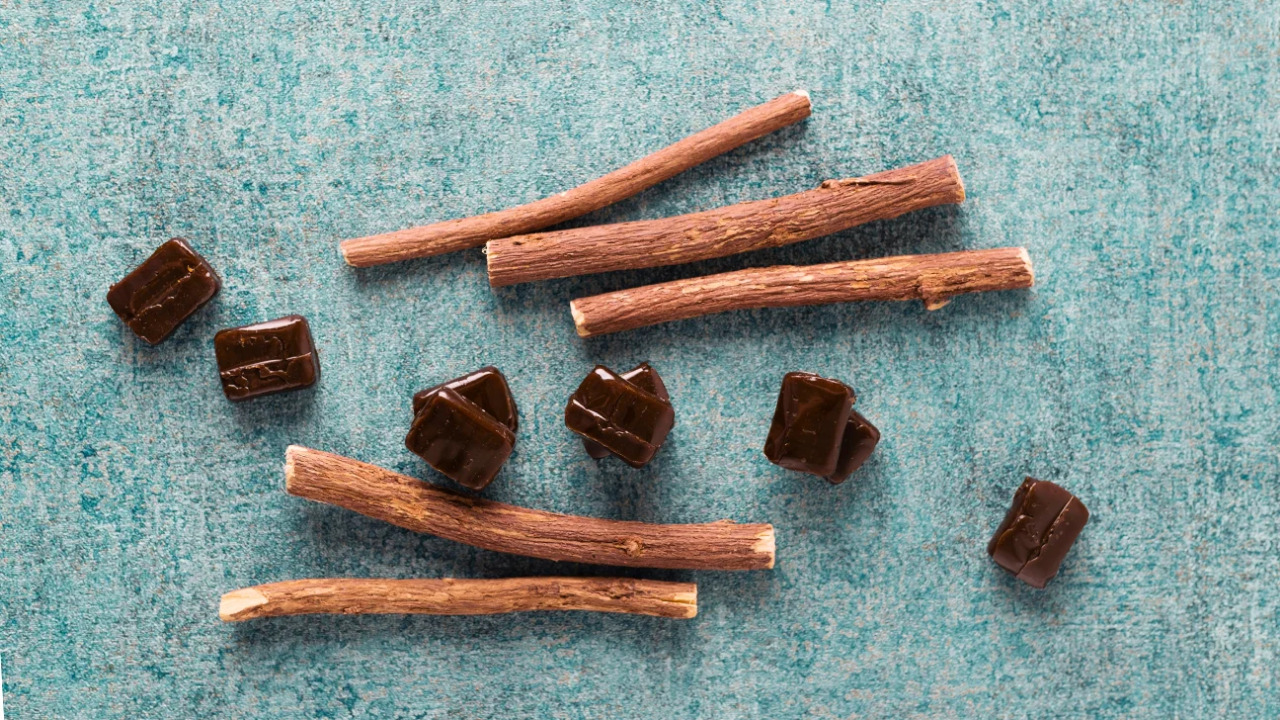
Licorice is a popular flavoring agent that is derived from the root of the Glycyrrhiza glabra plant. It has a sweet yet slightly bitter taste that can be used to flavor a variety of foods and beverages. Licorice is also used in traditional Chinese medicine to treat a variety of ailments.
The Glycyrrhiza glabra plant is native to Europe and Asia. It has been used medicinally for thousands of years. The root of the plant is the part that is used to make licorice extract.
Licorice extract is made by boiling the roots of the Glycyrrhiza glabra plant in water. This extracts the sweet-tasting glycyrrhizin compound from the roots. Licorice extract is often used as a flavoring agent in a variety of foods and beverages. It can also be used to sweeten foods and beverages without adding calories.
Licorice extract is also used in traditional Chinese medicine. It is believed to have a variety of medicinal properties, including the ability to treat coughs, colds, and stomach problems. Licorice extract is also said to be helpful in treating skin conditions such as eczema and psoriasis.
If you are interested in trying licorice, it is available for purchase online and in many health food stores.
Dang Gui
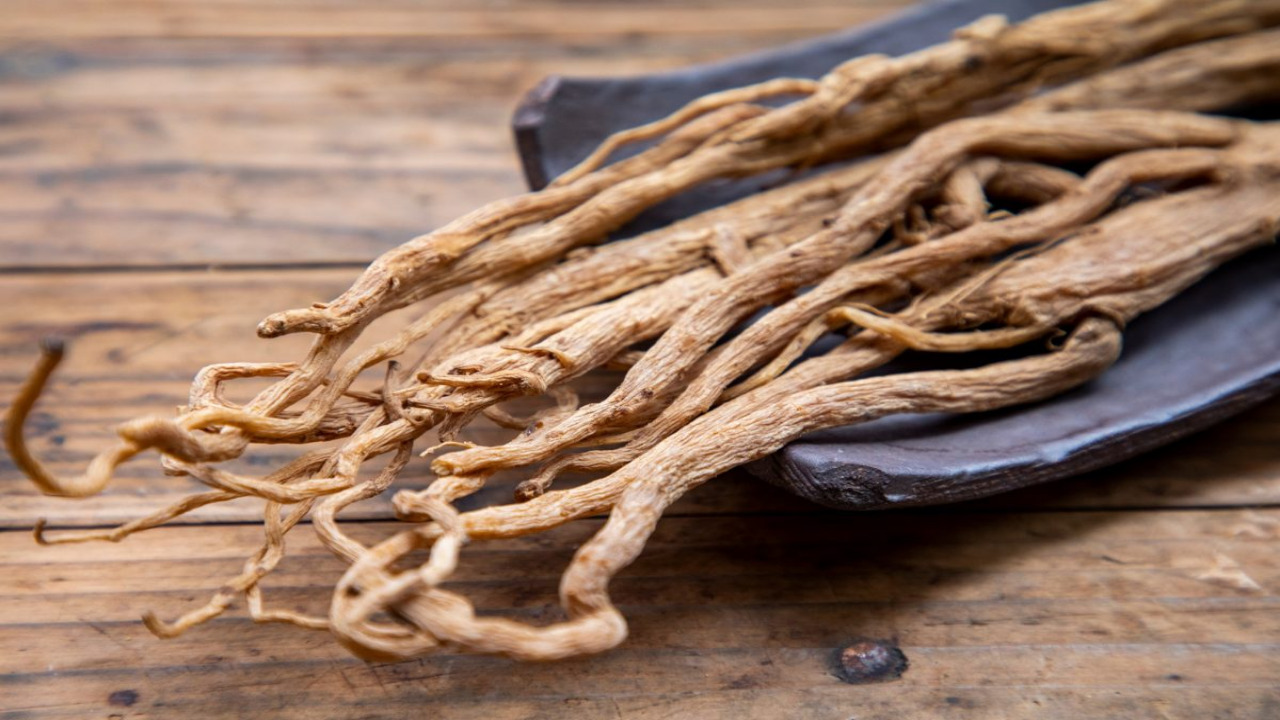
Dang Gui is a traditional Chinese medicinal herb that has been used for centuries to treat a variety of health conditions. The herb is also known as Chinese angelica and is a member of the celery family.
Dang gui is most commonly used to treat women’s health issues, such as menstrual cramps, irregular periods, and menopause symptoms. The herb is thought to work by stimulating blood circulation and balancing hormones.
Dang Gui is available in many forms, including capsules, teas, and tinctures. It can also be found in some over-the-counter Chinese herbal formulas.
If you’re considering using dang gui for its health benefits, talk to your doctor first. The herb can interact with some medications and may not be suitable for everyone.
Rehmannia
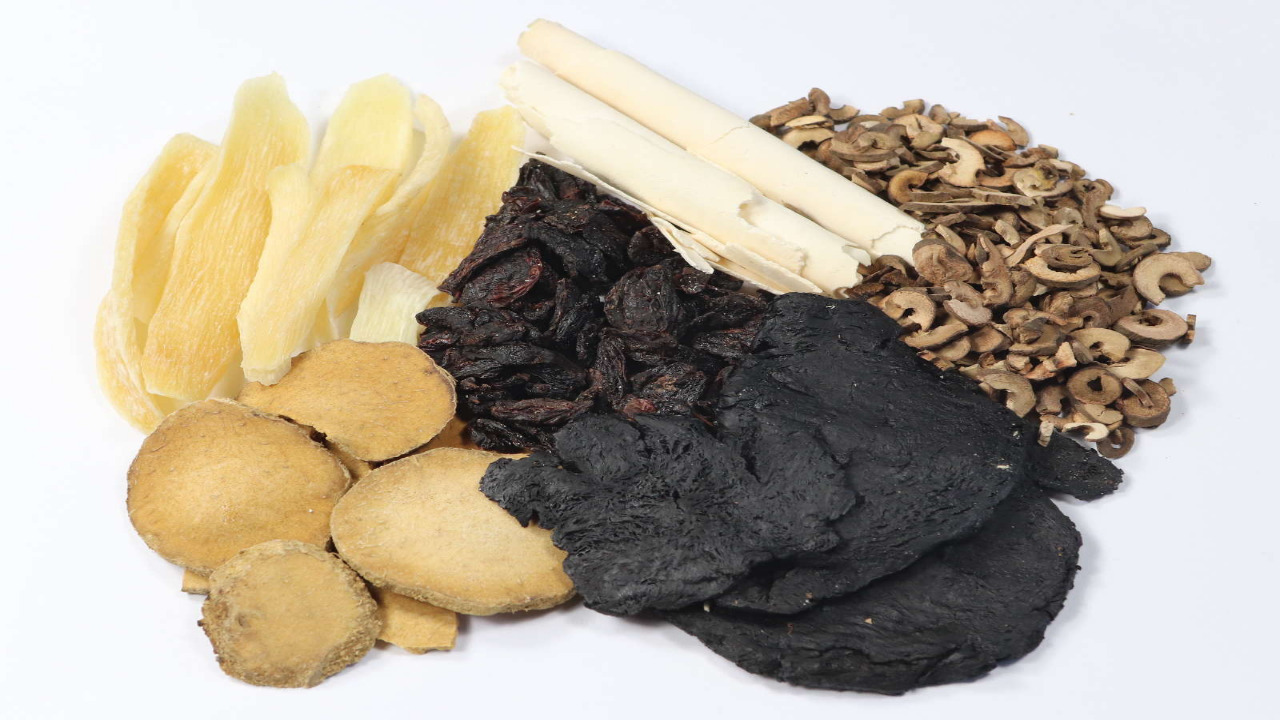
Rehmannia is a genus of flowering plants in the family Scrophulariaceae. The genus is named after J. G. Rehmann, a German botanist. The plants are native to Asia, particularly China. Rehmannia is a genus of perennial herbs. The leaves are opposite or whorled, and the flowers are borne in racemes or panicles. The flowers are bisexual and zygomorphic, with four petals. The fruit is a capsule.
Rehmannia is used in traditional Chinese medicine, where it is considered to be sweet and slightly cold in nature. It is used to tonify the blood, clear heat, and dampen the fire. Rehmannia is also used in Ayurvedic medicine.
Codonopsis
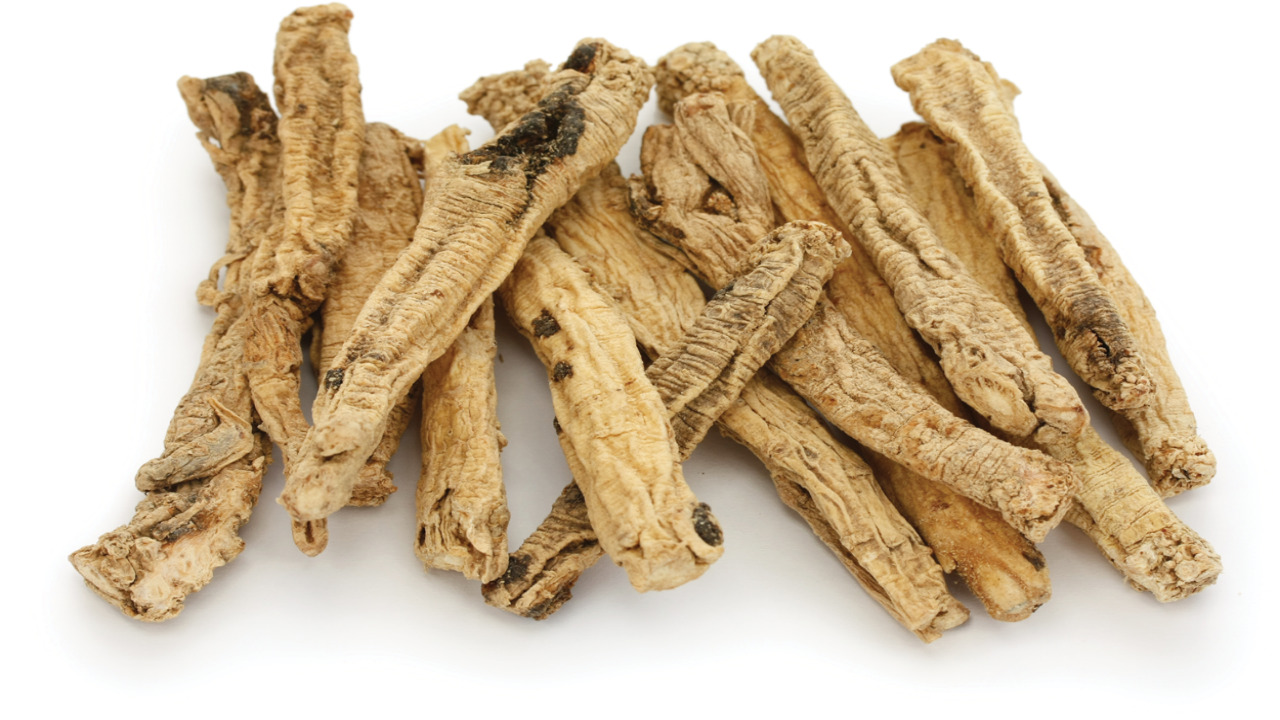
Codonopsis is a flowering plant in the bellflower family. It is native to China, where it is known as dang shen. The plant is widely cultivated in China and other parts of Asia for its medicinal properties.
Codonopsis is a herbaceous perennial that grows to 60–90 cm (24–35 in) tall. The leaves are lanceolate to ovate, 5–15 cm (2.0–5.9 in) long and 2–6 cm (0.79–2.36 in) wide. The flowers are borne in racemose inflorescences and are yellow or white with purple or blue spots. The fruit is a capsule with two seeds.
The roots of codonopsis are used in traditional Chinese medicine, where they are considered to have a sweet and mild nature. They are used to tonify the spleen and lungs and to boost the immune system. The plant is also used as a foodstuff, and the roots can be cooked and eaten as a vegetable. Codonopsis is a versatile plant that can be grown in a variety of conditions. It prefers full sun to partial shade and well-drained soil. The plant is tolerant of drought and poor soils. It can be propagated by seed, division, or cuttings.
Schisandra
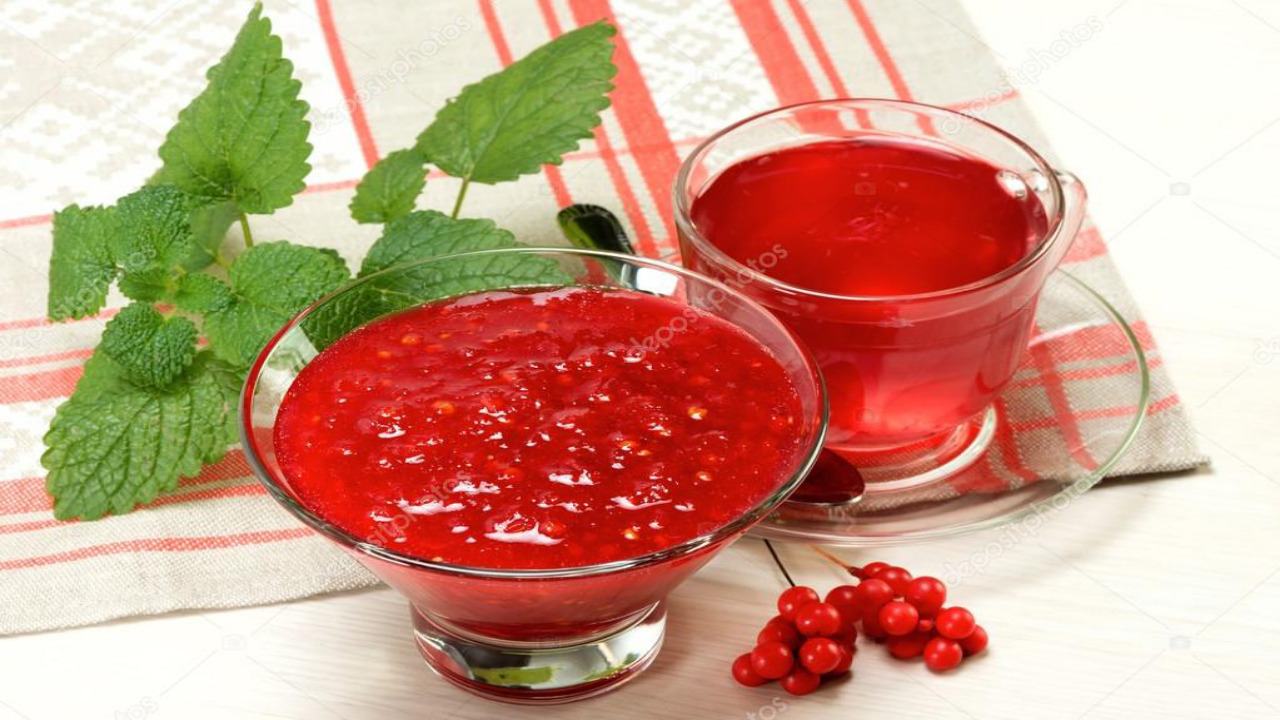
Schisandra (Magnolia vine) is a climbing vine that is native to East Asia. The vine produces small red berries that are used in traditional Chinese medicine.
The berries of the Schisandra vine are used to treat a variety of conditions, including fatigue, anxiety, and insomnia. They are also said to improve liver function and protect against liver damage. In traditional Chinese medicine, Schisandra berries are considered to be an “adaptogen,” which means that they help the body adapt to stress. The berries are also said to have antioxidant and anti-inflammatory properties. A recent study found that Schisandra extract was effective in reducing stress and fatigue in rats. If you are looking for a natural way to improve your energy levels and reduce stress, then schisandra may be worth a try.
American Ginseng
American ginseng is a species of ginseng that is native to North America. It is hardy in USDA zones 4-8 and prefers shady, moist conditions. American ginseng is a slow-growing plant that can take up to 6 years to reach maturity. The plant produces small, greenish-white flowers that bloom in the summer. The plant’s root is the part that is used for medicinal purposes.
American ginseng is prized for its purported medicinal properties. It is said to boost energy, improve mood, reduce stress, and promote overall wellness. American ginseng is available in many forms, including capsules, powders, and teas.
If you’re considering taking American ginseng for its health benefits, be sure to talk to your healthcare provider first. American ginseng can interact with certain medications and may not be suitable for everyone.
Asian Ginseng
Asian ginseng, or Panax ginseng, is a plant that has been used for centuries in traditional Chinese medicine. The roots of the plant are typically dried and ground into a powder, which can be taken in capsule form or made into tea.
Asian ginseng is thought to boost energy levels, improve mental clarity and memory, and increase stamina and physical endurance. It is also used as a general tonic to help the body adapt to stress and to promote overall good health.
There is some scientific evidence to support the use of Asian ginseng for these purposes. For example, a small study published in the Journal of Alternative and Complementary Medicine in 2010 found that ginseng may help improve mental performance in healthy adults.
And a review of studies published in the journal Phytotherapy Research in 2016 found that ginseng may help improve physical performance during exercise and reduce fatigue afterward.
Still, more research is needed to confirm the potential health benefits of Asian ginseng. If you’re considering taking this supplement, be sure to talk to your doctor first to discuss whether it’s right for you.
Siberian Ginseng
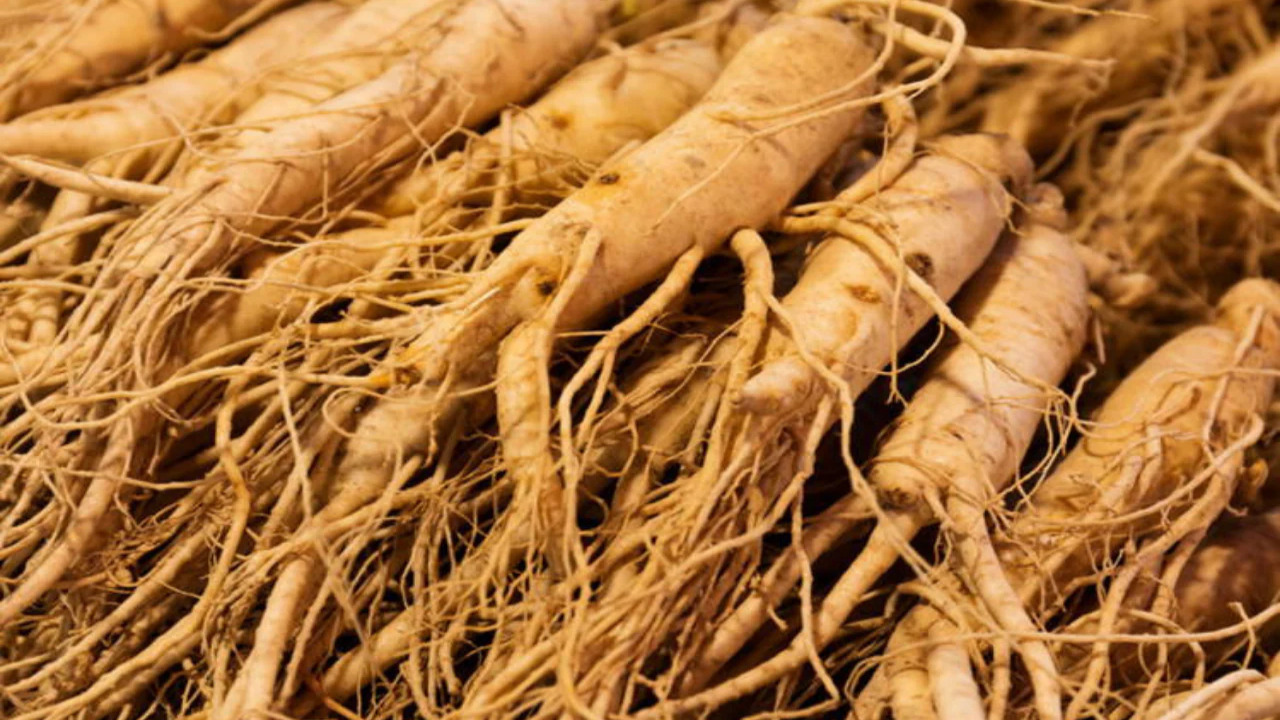
Siberian ginseng (Eleutherococcus senticosus) is a plant in the family Araliaceae. It is native to Siberia, in northeastern Asia, and is also known as Russian ginseng, Chinese ginseng, and Korean ginseng. Siberian ginseng is not true ginseng (Panax ginseng) but is in the same family as true ginseng.
Siberian ginseng is a woody shrub that grows to a height of 1-2 m. The leaves are compound, with 2-5 leaflets. The flowers are small and greenish-white, and the fruit is a blackberry-like drupe. The root of Siberian ginseng is part of the plant that is used medicinally. It is harvested in the autumn after the plant has been growing for 3-5 years.
Siberian ginseng has been used in traditional Chinese medicine for thousands of years. It is said to tonify the qi (vital energy) and strengthen the body. Siberian ginseng is used to treat a variety of conditions, including fatigue, stress, anxiety, and lack of energy. Siberian ginseng is available in a variety of forms, including capsules, tablets, tinctures, and teas. It can also be found in energy drinks and other products.

